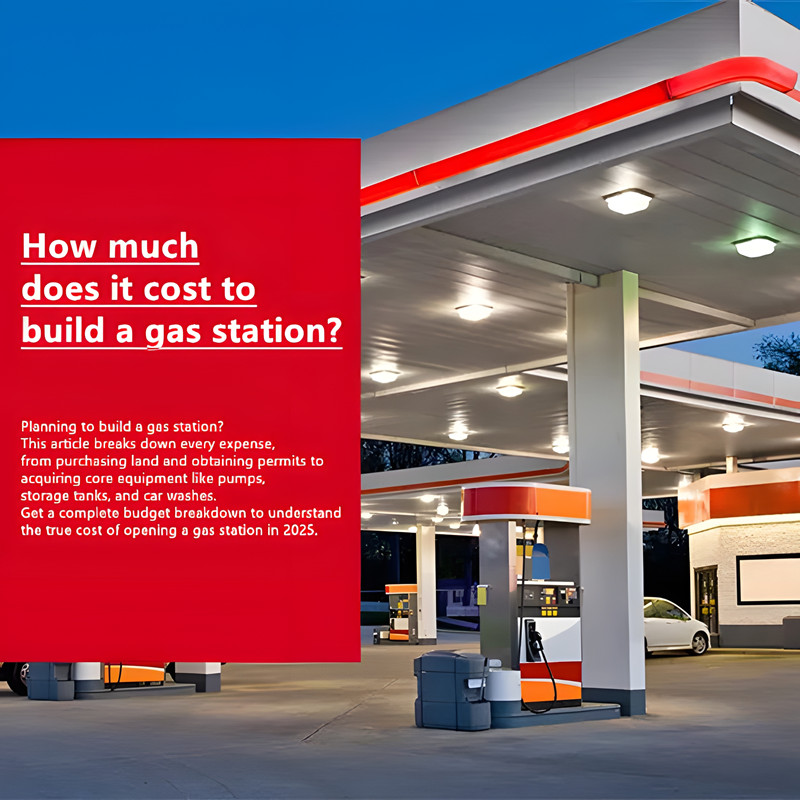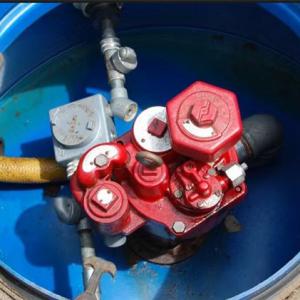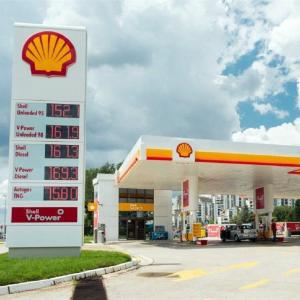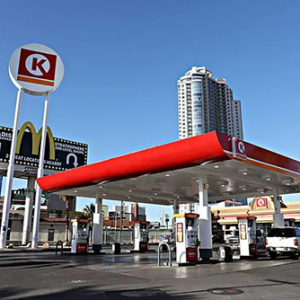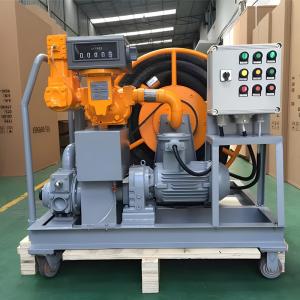How much does it cost to build a gas station?
How Much Does It Cost to Build a Gas Station? A Detailed Cost Breakdown for 2025
Building a new gas station is a major financial undertaking, with total costs ranging from several hundred thousand to many millions of dollars. The price tag includes more than just land and a building; it involves specialized equipment, strict government regulations, and numerous "soft" costs. This guide will break down every expense required to build a modern gas station, from initial planning to grand opening. We will pay special attention to the costs of core equipment like the fuel dispenser, fuel tank, submersible petrol pump, and car wash machine.
Core Upfront Costs: Where It All Begins
Before any dirt is moved, you will face significant upfront expenses. These initial costs form the foundation of your entire project.
1. Land Acquisition
Location is everything for a successful gas station. Prime spots on main streets, near highway exits, or at busy intersections will cost the most.
-
Cost: $100,000 to over $1,000,000, depending on the city, location, and lot size (typically 1-2 acres are needed).
-
Key Factors: Consider traffic counts, visibility to drivers, local zoning laws, and the potential for future growth in the area.
2. Permits, Licensing & Legal Fees
This is one of the most complex and time-consuming parts of the process. You will need to navigate city, state, and federal regulations.
-
Cost: $15,000 to $50,000+
-
What's Included:
-
Building Permits
-
Business Licenses
-
Fuel Vending Licenses
-
Environmental Impact Studies (A Phase I ESA typically costs $2,000 - $7,000)
-
Fees for lawyers and consultants
-
Site & Building Construction Costs
This phase involves the physical work of turning an empty lot into a fully functional gas station.
1. Site Preparation & Improvements
This covers the essential groundwork needed before construction can begin.
-
Cost: $100,000 to $400,000
-
What's Included:
-
Land surveying and soil testing
-
Demolition of any existing structures
-
Excavation, grading, and leveling the land
-
Installing utility lines (water, electricity, sewer)
-
Paving concrete and asphalt for parking lots and driveways
-
2. Convenience Store (C-Store) & Building Construction
The convenience store is a major source of profit for most gas stations. The cost to build it varies based on its size and the quality of finishes.
-
Cost: $300,000 to over $1,000,000
-
Cost Breakdown: Construction costs generally fall between $200 and $400 per square foot. For a 3,000-square-foot C-store, the building alone could cost $600,000 to $1,200,000.
-
Interior Finishing: Expect to spend an additional $50,000 to $150,000 on shelving, coolers, the point-of-sale (POS) system, and security cameras.
3. Canopy and Fueling Islands
The canopy protects customers from the weather and is a key part of your station's brand identity.
-
Cost: $150,000 to $350,000
-
What's Included:
-
The canopy structure and installation
-
The concrete fueling islands where the dispensers sit
-
Lighting and branded signs
-
Core Fueling System Equipment Costs
This is the heart of the gas station. All equipment must meet strict safety and environmental standards.
1. Fuel Tank
Modern stations use underground, double-walled fiberglass tanks to prevent leaks. The most common sizes hold 10,000 to 20,000 gallons of fuel.
-
Equipment Cost: $25,000 to $40,000 per fuel tank.
-
Installation Cost: The total cost to install each tank, including excavation, piping, and backfilling, can reach $100,000 to $150,000.
2. Fuel Dispenser
This is the equipment customers interact with directly. The price of a fuel dispenser varies by brand and features, such as credit card readers and media screens.
-
Equipment Cost: A single fuel dispenser can cost between $15,000 and $25,000. A station with four double-sided dispensers (serving eight cars at once) will spend $60,000 to $100,000+ on this equipment alone.
-
Popular Brands: Wayne Ovation, Gilbarco Encore.
3. Submersible Petrol Pump & Piping
A submersible petrol pump (also called an STP) sits inside the fuel tank and is responsible for pushing fuel safely and efficiently up to the dispenser.
-
Equipment Cost: Each submersible petrol pump costs about $2,500 to $4,500. You need at least one for each tank.
-
Popular Brands: Veeder-Root, Red Jacket.
-
Piping System Cost: The complete system of pipes, fittings, leak detectors, and installation will cost approximately $50,000 to $150,000.
Value-Added Services & Equipment: Boosting Profitability
Extra services can set your gas station apart from competitors and create new revenue streams.
1. Automatic Car Wash Machine
A car wash can be a significant profit center. There are several types to choose from.
-
Equipment & Installation Cost:
-
Basic Rollover System: $40,000 - $90,000
-
Touchless System: $70,000 - $150,000
-
Tunnel System: $150,000 - $500,000+
-
-
Key Insight: Adding a quality car wash machine can greatly increase your station's appeal and overall income.
2. Other Equipment & Opening Expenses
This category includes the initial inventory and other miscellaneous startup costs.
-
Cost: $50,000 to $100,000+
-
What's Included:
-
Initial C-Store Inventory (drinks, snacks, etc.)
-
Initial Fuel Inventory
-
Signage and Branding
-
Security Systems
-
Total Cost Summary
-
Basic Gas Station (No car wash, smaller C-store): $750,000 - $2,000,000
-
Standard Gas Station (With car wash, mid-size C-store): $2,000,000 - $4,000,000
-
Large Highway Service Station (Large C-store, car wash, fast food): $4,000,000 - $10,000,000+
Frequently Asked Questions (FAQ)
Q1: How long does it take to build a gas station? A: From planning to opening day, the process typically takes 12 to 24 months. The permitting and approval stage often takes the longest.
Q2: Can I get a loan to build a gas station? A: Yes. Financial institutions offer commercial loans, such as SBA loans. However, you will need a detailed business plan, good credit, and a significant down payment, often 20-30% of the total project cost.
Q3: Is it cheaper to buy an existing gas station? A: Not always. While the initial purchase price might be lower, you may need to spend a lot of money on upgrades to meet current environmental laws, such as replacing an old fuel tank or fuel dispenser. A thorough inspection is crucial before buying.
Q4: How profitable is a gas station? A: The profit margin on fuel itself is very low—often just a few cents per gallon. Most of the profit comes from high-margin C-store sales, the car wash, and other on-site services.
Q5: Should I join a franchise or be an independent owner? A: Franchising with a major brand like Shell, BP, or Chevron offers brand recognition and marketing support but requires franchise fees. Being independent gives you more flexibility and higher potential profit but requires you to build your own brand and supply chain.
